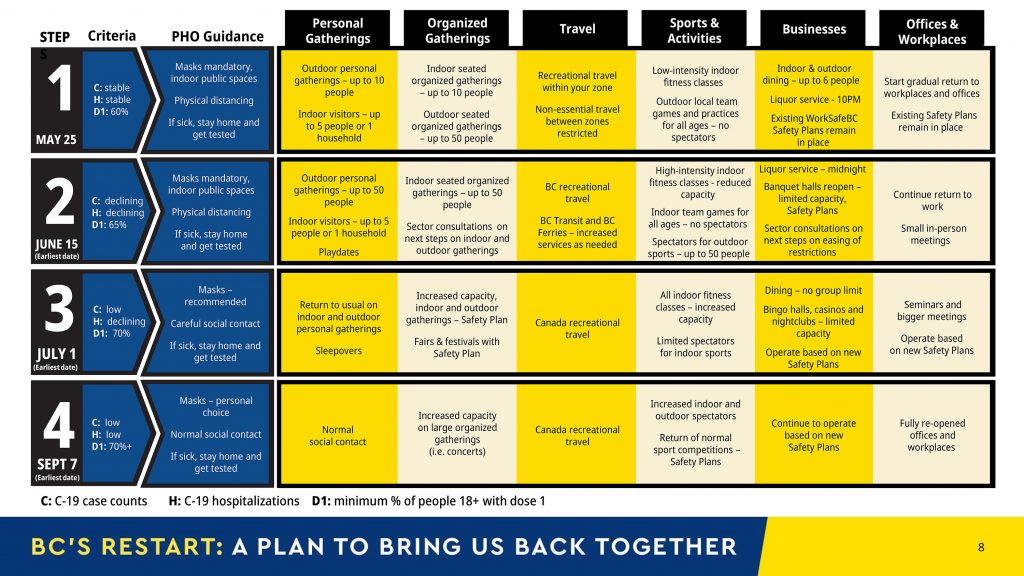BURNABY – British Columbia school support workers are welcoming the $43.6 million in funding announced yesterday to support the safe reopening of BC schools for the 2021/2022 school year. CUPE’s K-12 Presidents Council, representing over 30,000 support workers in B.C.’s education system, says the announcement by Minister of Education Jennifer Whiteside represents a big step forward in ensuring a healthy and safe school environment for students and staff.
“We are extremely proud of the work our members have done throughout the pandemic to limit the spread of COVID-19 in our schools, to protect students, fellow staff and our communities,” says Paul Simpson, president of the K-12 Presidents Council. “It is gratifying to see the efforts of school support workers recognized as an essential part of our province’s recovery from COVID-19.
Of the $43.6 million announced, $14.4 million in one-time pandemic funding will be made available to school districts to support the necessary cleaning and disinfecting performed by custodians and caretakers, hand hygiene, improved ventilation and restocking supplies of personal protection equipment (PPE).
“CUPE locals have been doing a lot of work in their communities and schools systems advocating for these health and safety measures. We are pushing for the necessary funding for school districts to continue enhanced cleaning measures that proved so successful during the pandemic,” says Simpson. “We are looking forward to working with school districts so that they can fully utilize this directed funding, along with their other resources, to effectively and efficiently keep schools clean and safe.”
CUPE K-12 locals are prioritizing the continuance of daytime custodial services in all schools across the province and says this new funding would be well used to continue this vital health and safety measure.
“Unfortunately, past BC governments almost eliminated daytime custodial services in schools. So, when the pandemic hit, we had to scramble. Thankfully, our efforts to re-establish daytime custodial services contributed greatly to cleaner and safer environments for students, staff, and helped slow the spread of COVID-19,” says Simpson. “I’m optimistic we have all learned this lesson from the pandemic and we can work to continue daytime custodial services permanently to keep protecting our communities from COVID-19 and a host of other illnesses.”
The K-12 Presidents Council represents 57 CUPE locals in school districts across British Columbia. CUPE represents more than 30,000 education workers including: education assistants, school secretaries, custodians/caretakers, Indigenous support workers, IT workers, Strong Start facilitators, trades and maintenance workers, and bus drivers.

